Vital signs
1/30
Earn XP
Description and Tags
Name | Mastery | Learn | Test | Matching | Spaced | Call with Kai |
|---|
No analytics yet
Send a link to your students to track their progress
31 Terms
The four Vital signs
Temperature
Heart Beat (Pulse)
Respiratory rate
Blood pressure
An indication of the body’s heat regulation mechanism. It is controlled by the Hypothalamus.
Clinical measurements that indicate the state of the body’s essential functions.
The normal body temperature
It ranges from 36.5°C to 37.2°C
Factors that can affect the measurement of vital signs
Medications
Time of the day
Age
Physical Activity
Health conditions
Heart Beat (Pulse)
A vital sign that indicates the number of times the heart beats per minute.
Normal pulse of an adult
it ranges from 60 to 100 beats per minute
Oral temperature taking
Thermometer is placed under the tongue
Rectal temperature taking
Thermometer is inserted into the rectum. this is the most accurate way to check temperature
Axillary temperature taking
The thermometer is placed under the armpit
Tympanic Temperature taking
The thermometer is placed into the ears
Temporal Artery temperature taking
The thermometer is scanned across the forehead
Ingestible Capsule temperature taking
a small device is swallowed and transmits temperature readings to an external device
Respiratory Rate
A vital sign that refers to the number of breaths a person takes per minute.
Normal Breathing Rate of an Adult
under the normal conditions 12 to 20 breaths per minute
Blood Pressure
A crucial vital sign that measures the force exerted by the blood against the walls of the blood vessels.
Blood pressure for a normal adult
around 120/80 mmHg.
Systolic pressure
This measures the pressure the blood exerts on the blood vessels each time the heart beats
Diastolic Pressure
This measures the pressure the blood exerts on the blood vessel when the heart is relaxed and filling with blood between beats
Acute Pain
This type of pain is short-term and is often caused by damage to tissue
Chronic Pain
this is the type of the pain that is constantly recurring.
Phantom pain
This is the type of pain that occurs in organs that is no longer there
Radiating Pain
sensation of pain spreading or extending from its origin to another area of the body
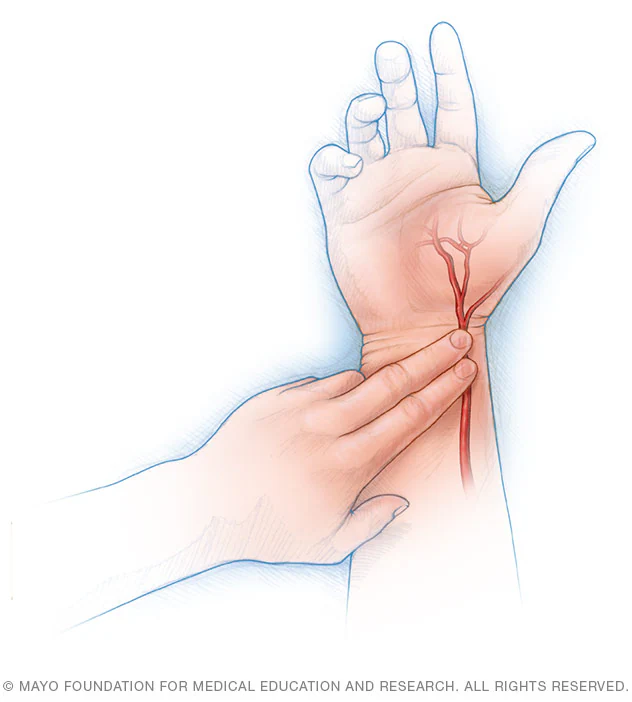
Radial Pulse SIte
Pusle site on the wrist
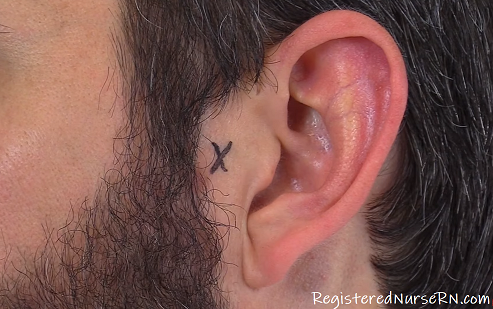
Temporal Pulse site
pulse site around the ear
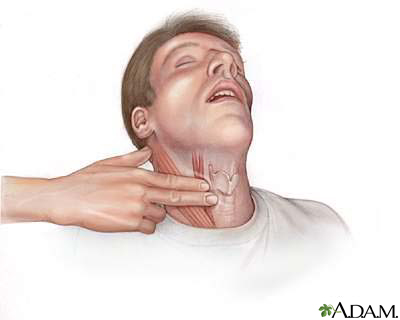
Carotid Pulse site
Pulse site at the neck area
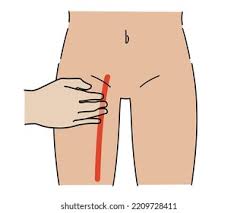
Femoral Pulse Site
Pulse site in the upper thigh
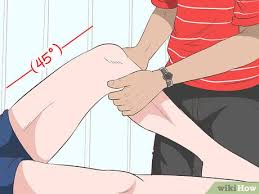
Popliteal Pulse site
The pulse site around the knee area
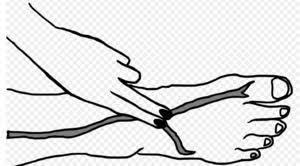
Dorsalis Pulse Site
The pulse site on the foot
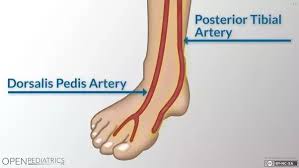
Posterior TIbial
The Pulse site at the ankle area